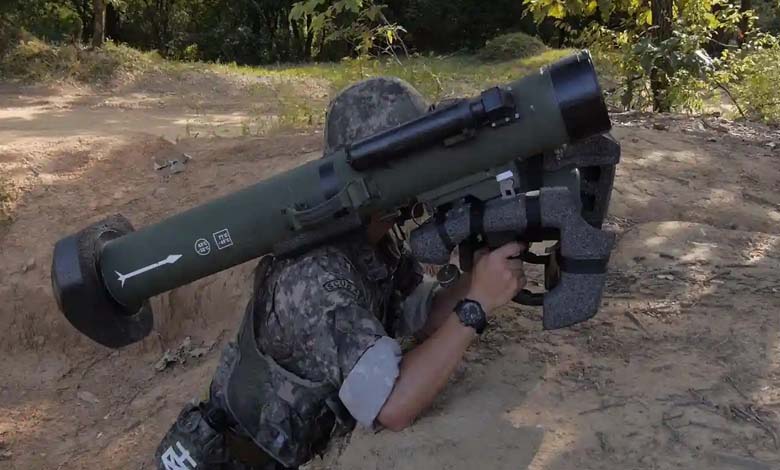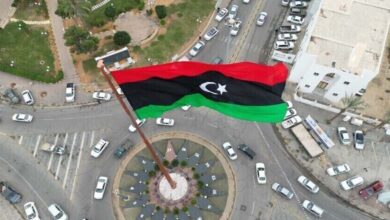Tunisia Nears Deal to Purchase U.S. Javelin Missiles

On Tuesday, the U.S. Department of Defense (Pentagon) announced that the U.S. Department of State had approved a potential sale of Javelin missiles to Tunisia, costing an estimated $107.7 million, following a similar deal with Morocco several months ago. This comes amid growing U.S. concerns over the increasing influence of Russia and China in Libya and North Africa.
-
The “cyber beast” is out of service… and Kadyrov is furious
-
U.S. aid to Libya reaches one billion dollars
The primary contractors will be Lockheed Martin and RTX Corp. After the revolution, Tunisia strengthened its relations with the United States in various fields, including military cooperation, to combat terrorist groups and secure its borders, particularly with Libya. This collaboration helped counter certain armed groups, especially in the western mountains, notably Chaâmbi Mountain.
In August, Tunisian Defense Minister Khaled El-Sahili met with the commander of U.S. military forces in Africa, General Michael Langley, who emphasized the importance of U.S. military support for Tunisia in maintaining regional security.
-
Is Tunisia getting closer to getting funding from the IMF?
-
Libya Caught in the Crossfire of Great Power Rivalries… What Are the Possible Scenarios?
Despite political disagreements regarding the U.S. administration’s position on Tunisia’s exceptional measures in 2021 and the political path the country has taken since that period, as well as criticism from President Kais Saied, military cooperation between the two countries has not diminished but rather evolved.
Washington is particularly concerned about the growing influence of Russia and China in North Africa and does not wish to escalate tensions with Tunisia in this sensitive region, neighboring Libya, which has become a sphere of Russian influence.
-
Hours After His Release… Tunisian Authorities Re-Arrest Muslim Brotherhood Leader
-
“Wagner” and Military Aircraft: What is the Reality of Russian Presence in Tunisia?
Last August, the U.S. administration decided to transfer two “Island Class” patrol boats, retired from the U.S. Coast Guard service, to Tunisia to enhance maritime security through the “Excess Defense Articles” program.
The same month, Washington approved the sale of additional “Archangel” boats worth $110 million to Tunisia, which are used to address illegal immigration.
-
European-Libyan Cooperation to Secure Libyan Borders with Tunisia
-
Tunisia: Arrest of the Emir of Jund al-Khilafa Battalion
In September, the U.S. Department of Defense delivered four “Textron 208” aircraft to the Tunisian Air Force, valued at $54 million. The U.S. Embassy in Tunisia stated that these versatile aircraft were equipped for a variety of missions, including border security, counterterrorism operations, and disaster response. The provision of these aircraft demonstrates the U.S. government’s commitment to enhancing the capabilities of the Tunisian Air Force.
Last month, Tunisia hosted the “Phoenix Express 24” naval exercise, with the participation of about 1,100 military personnel and observers from the U.S., the five Maghreb countries, as well as African and European nations, highlighting the interest of Western and U.S. countries in Tunisia.
-
Tunisia draws the curtain on the brotherhood era… saied completes the latest points of the july 25 path
-
Terrorism besieges the Ennahdha Movement in Tunisia… Detention warrant for the most dangerous elements of the secret apparatus
Tunisia’s strategic location on the southern shores of the Mediterranean makes it a point of interest for Washington, which closely monitors Russian influence in Libya and the Sahel region. Morocco was the first Maghreb country to receive Javelin missiles, at an estimated cost of $260 million. U.S.-Moroccan relations are considered a model of cooperation in the region.












